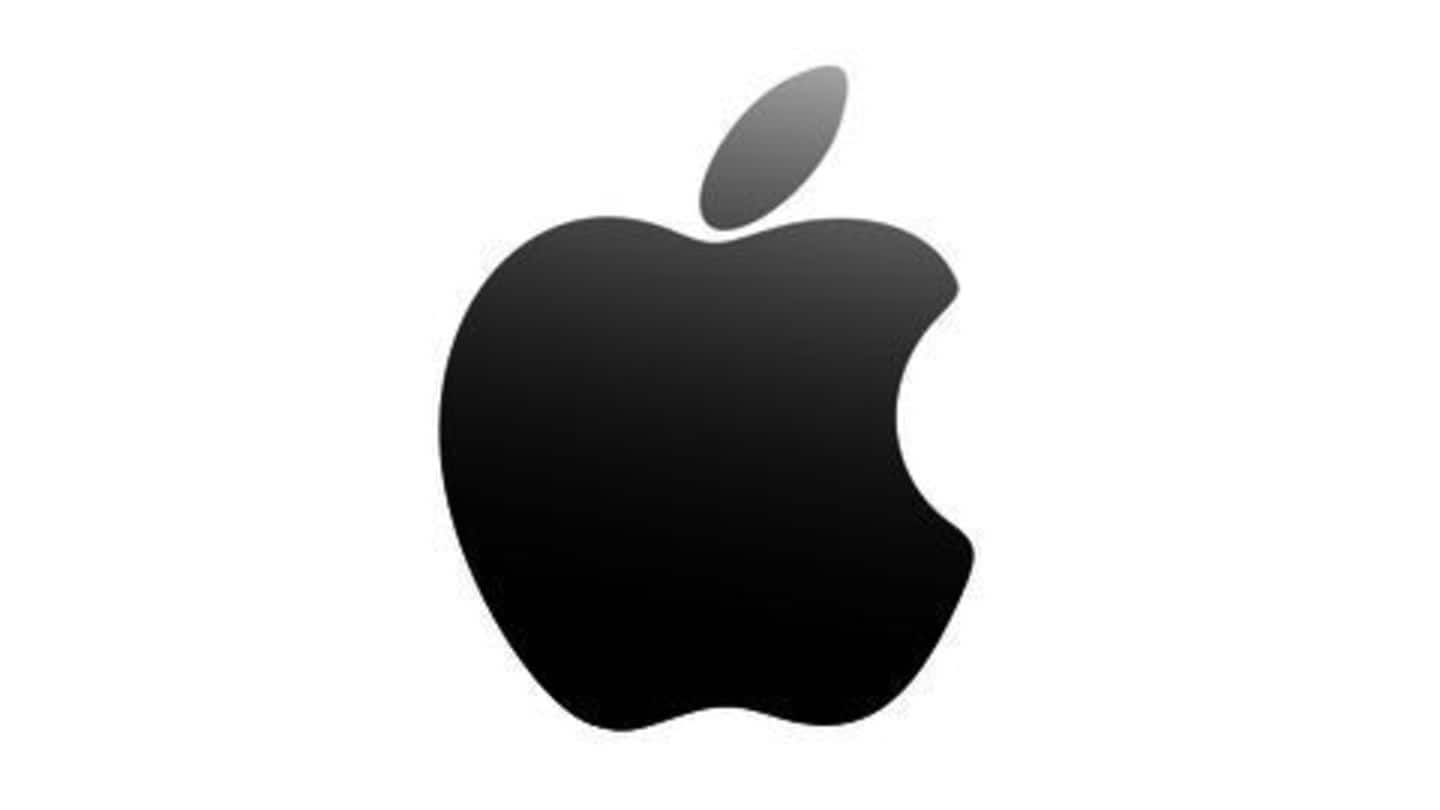
Apple to introduce data-sharing option to improve its AI
What's the story
The next version of Apple's operating system, iOS 10.3, will feature an option for iOS users to share their iCloud data with Apple so that the company can improve their AI-powered software products like voice assistant Siri. The introduction of this option by Apple indicates that it is trying to compete with data-mining rivals Google on the AI-powered software and services front.
Quote
What Apple wishes to achieve with the new data
"I would imagine they will want to use the [iCloud] data for all sorts of things, from improving Siri suggestions to devising which new products to deploy," said Adam Smith, an associate professor in the Computer Science and Engineering Department at the Pennsylvania State University.
Apple vs Google
How Apple's AI software is different from Google's
Any machine-learning software needs to be fed tonnes of data. While Apple always championed user privacy, Google, by using user data, improved on its machine-learning powered software and services to provide its users with a more personalized experience. Apple's relative lack of data-mining thus saw it lag behind Google when it came to offering users a more personalized experience.
Quote
Data collection would help Apple improve their services
"Basically, the more information they [Apple] have about how people use their service, the better they can adapt it to accomplish particular goals (serve their customers, extract revenue, etc)," said Smith, who is familiar with the field.
Apple's solution
Keeping privacy while improving AI
Apple will be using its already-existing "differential privacy" policy for any data users share through the new feature. Under this "privacy preserving" technique, an algorithmic scrambling technique is used to obfuscate raw user data, and only the fuzzied data is used for analysis and AI-software improvement. While Google has also adopted a differential privacy approach, Apple seems to be far ahead in this field.
Quote
Apple is the first to implement differential privacy
"It is probably fair to say that Apple is the first to integrate differentially private algorithms so comprehensively into their products and to use it as a differentiator," said Smith with regard to Apple's differential privacy policy.